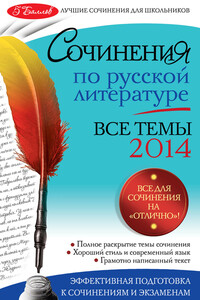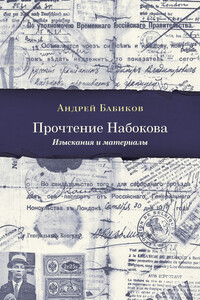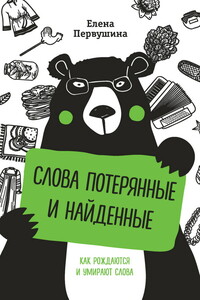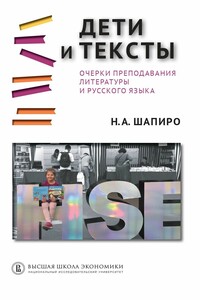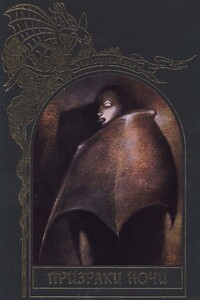"Я тебя люблю" на разных языках
Afrikaans : Ek is lief vir jou : Ek het jou lief Albanian : Te dua : Te dashuroj : Ti je zemra ime Alsacien (Elsass) : Ich hoan dich gear Amharic (Aethio.) : Afekrishalehou : Afekrischalehou Amharic (Ethiopian) : Ewedishalehu (male/female to female) : Ewedihalehu (male/female to male) American Sign Language : __ : __ ( ) : ( ) |__| : |__| __ __ | | : | |( )( )|__| __ : |__||__||__|| | / ) : | (__)(__) | / / : | |/ / : | / / : \ / Apache : Sheth she~n zho~n (nasalized vowels like French, '~n' as in French 'salon') Arabic (formal) : Ohiboke (male to female) : Ohiboki (male to female) : Ohibokoma (male or female to two males or two females) : Nohiboke (more than one male or females to female) : Nohiboka (male to male or female to male) : Nohibokoma (male to male or female to two males or two females) : Nohibokom (male to male or female to more than two males) : Nohibokon (male to male or female to more than two females) Arabic (proper) : Ooheboki (male to female) : Ooheboka (female to male) Arabic : Ana behibak (female to male) : Ana behibek (male to female) : Ahebich (male to female) : Ahebik (female to male) : Ana ahebik : Ib'n hebbak : Ana ba-heb-bak : Bahibak (female to male) : Bahibik (male to female) : Benhibak (more than one male or female to male) : Benhibik (male to male or female to female) : Benhibkom (male to male or female to more than one male) : Nhebuk (spoken to someone of importance) Arabic (Umggs.) : Ana hebbek Armenian : Yes kez si'rumem Ashanti/Akan/Twi : Me dor wo Assamese : Moi tomak bhal pau
Bangladeschi : Ami tomake walobashi Basque : Maite zaitut : Nere maitea ("My love/My darling") Bassa : Mengweswe Batak : Holong rohangku di ho Bemba : Ndikufuna Bengali : Aami tomaake bhaalo baashi : Ami tomay bhalobashi : Ami tomake bahlobashi Berber : Lakh tirikh Betazed : Imzadi Bicol : Namumutan ta ka Bolivian Quechua : Qanta munani Bosnian : Volim te Braille : :..:| ..:| |..-.. .::":.., :.:; Brazilian/Portuguese : Eu te amo /Galician : Querote : Amo-te (pronounced "Amu'-tee") Bulgarian : Obicham te : As te obeicham : As te obicham : Obozhavam te ("I love you very much") Burmese : Chit pa de
Cajun : Mi aime jou Cambodian : Kh_nhaum soro_lahn nhee_ah : Bon sro lanh oon Canadian French : Ch't'aime : Ch'trip su' toe' ("I'm crazy for you") : J'capote su' toe' ("I'm turned upside-down for you") : Je t'aime ("I like you") : Je t'adore ("I love you") (not really used in a romantic or passionated way, it is mostly used in family context, or for a pet, or a meal etc.) Catalan : T'estimo (Catalonian) : T'estim (Mallorcan) : T'estime (Valencian) : T'estim molt ("I love you a lot") Cebuano : Gihigugma ko ikaw Central Yup'ik : Assiramken ('r' is a voiced uvular fricative, kind of like a German 'ch', except voiced and pronounced a little farther back in the mouth, nearer to the throat) Chamoru (or Chamorro) : Hu guaiya hao Cherokee : Aya gvgeyu'i nihi Cheyenne : Ne mohotatse Chichewa : Ndimakukonda Chickasaw : Chiholloli (first 'i' nasalized) Chinese : Gwa ai li (Amoy) : Ngo oi nei (Cantonese) : Wo oi nei ( " ) : Ngai oi gnee (Hakka) : Ngai on ni ( " ) : Ai oi ngee ( " ) : Wa ai lu (Hokkien) : Wo ai ni (Mandarin/Putonghua) : Ngo ai nong (Wu) Corsican : Ti tengu cara (male to female) : Ti tengu caru (female to male) Creol : Mi aime jou Croatian (familiar) : Ja te volim (used in proper speech) : Volim te (used in common speech) Croatian (formal) : Ja vas volim (used in proper speech) : Volim vas (used in common speech) : Ljubim te (in todays useage, "I kiss you", 'lj' pronounced like 'll' in Spanish, one sound, 'ly'ish) Croatian (old) : Ljubim te (may still be found in poetry) Czech : Miluji te (a downwards pointing arrowhead on top of the 'e' in te, which is pronounced 'ye') : Miluju te! (colloquial form) : Ma'm te (velmi) ra'd (male speaker, "I like you (very much)", often used and prefered) : Ma'm te (velmi) ra'da (female speaker)
Danish : Jeg elsker dig Dhivehi : Varrah loabi vey : Aharen, kalaa-dheke loabi-vameve (I love you) : Aharen, kalaa-dheke varahh loabi-vameve (I love you very much) Dusun : Siuhang oku dia Dutch : Ik hou van je : Ik hou van jou : Ik bemin je (old fashioned) : Ik bemin jou ( " ) : Ik heb je lief ( " ) : Ik ben verliefd op je ("I am in love with you") : Ik ben verliefd op jou ( " ) : Ik houd erg veel van jou ("I love you very : Ik houd erg veel van je much") : Ik vind je leuk ("I like you") : Ik vind je aardig ( " ) : Ik vind je heel erg leuk ("I like you very : Ik vind je heel aardig much") : Ik zie je graag : Ik mag jou wel ("I like you") : Ik mag jou heel graag ("I like you very much") (the last two are more superficial, thus more suitable for male to male)
Ecuador Quechua : Canda munani English : I love you : I adore you : I love thee (used only in Christian context) Eritrean / Tigrinya : Afkireki (as said to a female) : Afkireka (as said to a male) Esperanto : Mi amas vin Estonian : Mina armastan sind : Ma armastan sind Ethiopian : Afgreki'


